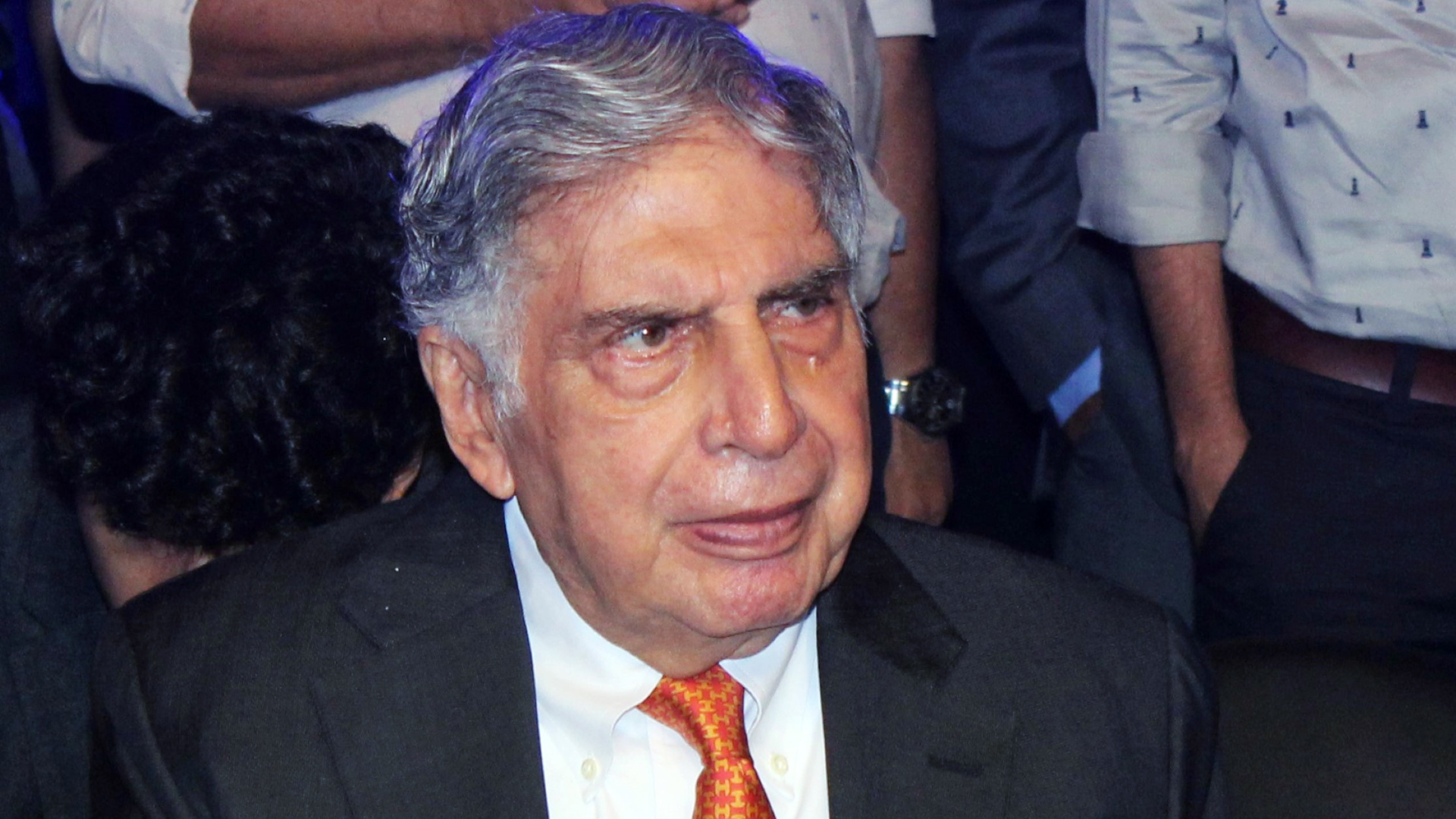

The Tata Group is on track to accelerate the timeline for the commercial production of semiconductor chips at its two new plants in Gujarat and Assam, with hopes of starting production in 2026. During the foundation stone-laying ceremony, Tata Sons Chairman Natarajan Chandrasekaran expressed the group’s ambitious goal of producing chips in the calendar year 2026, potentially as early as the latter part of that year. The semiconductor manufacturing plants are expected to create significant job opportunities in Gujarat and Assam, playing a crucial role in India’s efforts towards self-reliance.
Chandrasekaran highlighted the aggressive timeline, stating that the Assam unit might even achieve commercial production in late 2025 or early 2026. This accelerated schedule aligns with India’s broader push to bolster its semiconductor ecosystem, aiming to reduce dependency on imports and enhance domestic production capabilities.
Tata Sons Chairman emphasized the pivotal role of the semiconductor industry, describing it as foundational for digital products, akin to steel for physical infrastructure. He stressed the importance of semiconductor manufacturing for national security and the need to galvanize indigenous innovation. The three new chip plants, including two in Gujarat and one in Assam, align with the Indian government’s initiatives such as the Production Linked Incentive (PLI) schemes to boost domestic manufacturing and make Indian companies globally competitive.
Tata Electronics Private Limited (TEPL) is collaborating with Powerchip Semiconductor Manufacturing Corp (PSMC) from Taiwan to establish a semiconductor fab in Dholera, Gujarat, with an investment of Rs 91,000 crore. This facility is expected to have a capacity of 50,000 wafer starts per month (WSPM). Additionally, Tata Semiconductor Assembly and Test Pvt Ltd (TSAT) is setting up a semiconductor unit in Morigaon, Assam, with a production capacity of 48 million chips per day, involving an investment of Rs 27,000 crore.
The ambitious plan aims to create 50,000 jobs during this semiconductor manufacturing journey, providing a significant boost to employment in downstream industries, including automotive, electronics, telecom, and industrial manufacturing. The emphasis on creating a robust semiconductor ecosystem is evident in India’s efforts to establish itself as a semiconductor nation, responding to the challenges posed by global chip shortages, particularly during the COVID-19 pandemic.
Chandrasekaran’s commitment to realizing the production units and meeting customer demands underscores the significance of these projects for India’s technological advancement. As the Tata Group progresses with its semiconductor ventures, it marks a pivotal moment in the country’s journey towards semiconductor self-sufficiency, contributing to the nation’s economic growth and technological resilience.
Union Home Minister Amit Shah firmly dismissed allegations that the Waqf (Amendment) Bill, 2025, aims…
Christopher Ruddy, the architect behind Newsmax, has seen his fortune surge as the network’s stock…
In a push to end the turmoil in Manipur, the Ministry of Home Affairs has…
Netanyahu will visit Hungary, despite facing an International Criminal Court arrest warrant related to allegations…
Bharatiya Janata Party (BJP) leader and Chairperson of the Jammu and Kashmir Waqf Board, Darakhshan…
Mundra Port in Gujarat, India's largest private port, has set a new benchmark by becoming…